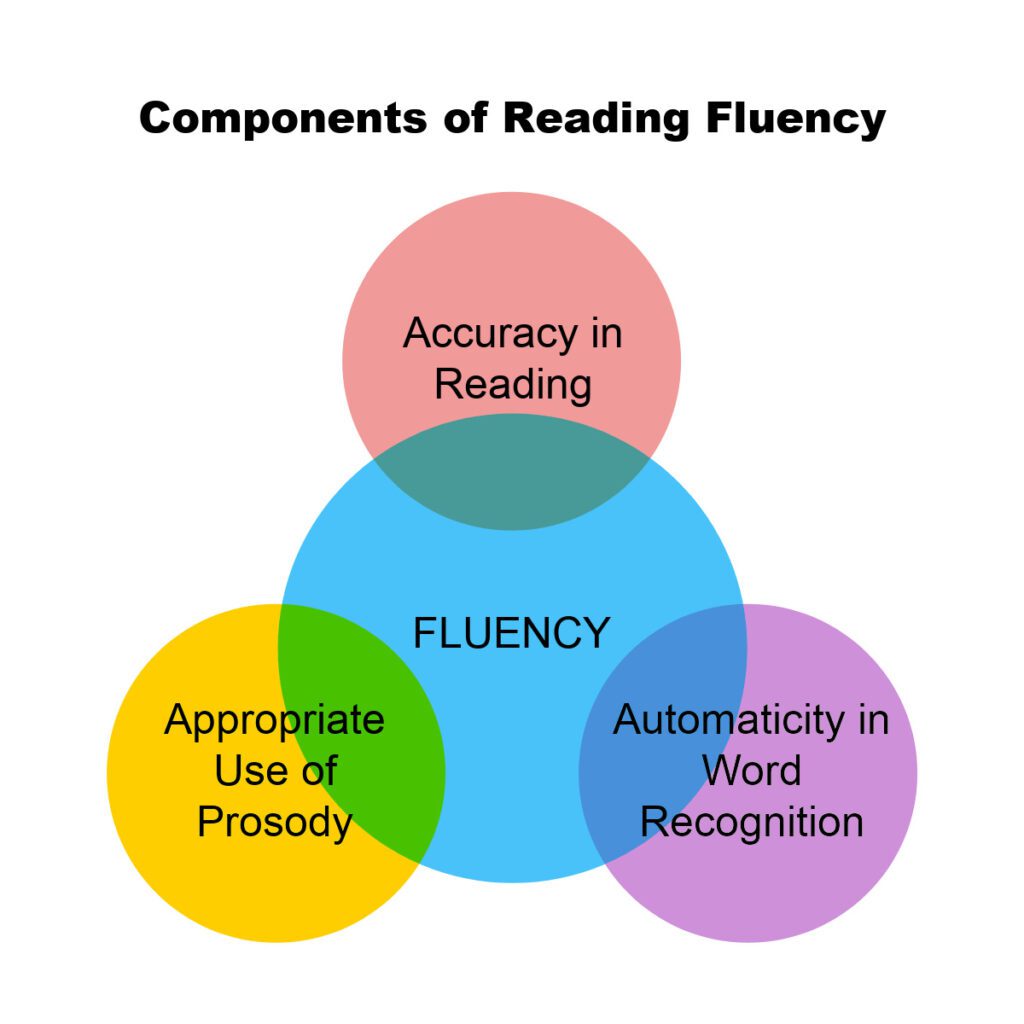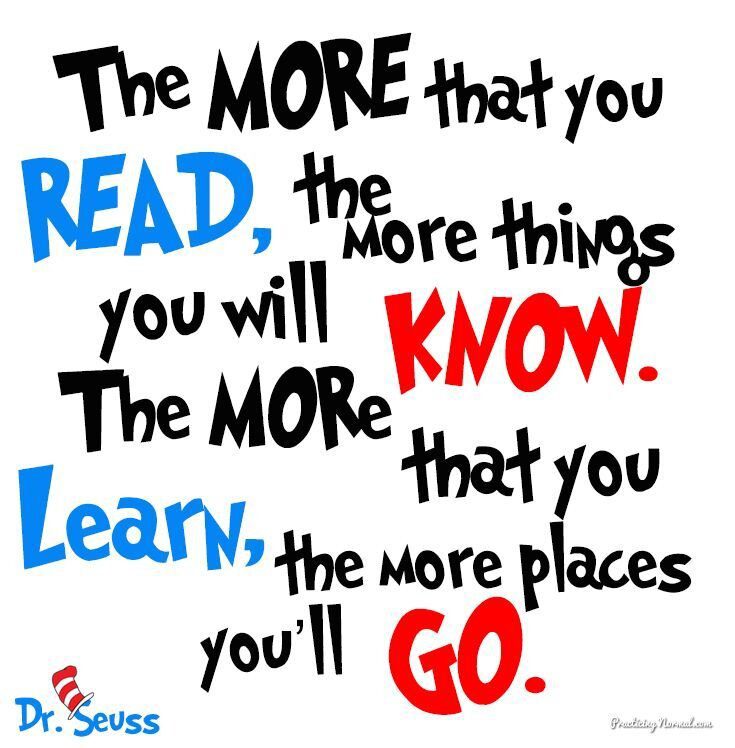Reading opens the door to learning. A child who reads a lot will become a good reader. A good reader will be able to read more challenging material. A child who reads challenging material is a child who will learn. The more a child learns, the more he or she will want to find out.
At Willington Primary School, we are passionate about our children becoming confident and fluent readers.
Further information about the structure and format of reading curriculum can be found below which includes our approach to:
- the systematic teaching of phonics
- our carefully designed reading scheme
- becoming a fluent reader – accuracy, automaticity and prosody
- our reading spine
Teaching of Scheme
At Willington Primary School we use a synthetic phonics programme ‘Read Write Inc.’ Read Write Inc. is a method of learning centred around letter sounds and phonics.
Using Read Write Inc, the children learn to read effortlessly so that they can put all their energy into comprehending what they read. It also allows them to spell effortlessly so that they can put all their energy into composing what they write.
When using Read Write Inc to read the children will:
- learn 44 sounds and the corresponding letter/letter groups using simple picture prompts.
- learn to read words using Fred Talk.
- read lively stories featuring words they have learned to sound out.
- show that they comprehend the stories by answering questions.
When using Read Write Inc to write the children will:
- learn to write the letters/letter groups which represent
- 44 sounds.
- learn to write words by saying the sounds in Fred Talk.
- write simple sentences.
- compose stories based on picture strips.
- compose a range of stories based on writing frames.
To find out more please visit https://home.oxfordowl.co.uk/reading/reading-schemes-oxford-levels/read-write-inc-phonics-guide/
or download the parent information below.
Our Reading Scheme
For a child to enjoy reading, they need to be able to access texts at their level. All individual and group reading books in Reception and Key Stage 1 match the pupils’ phonic knowledge, ensuring all words can be decoded
Initially as children begin to learn to read they will be provided with a Read Write Inc Phonics Book Bag book. All books are arranged in a sequential order, mirroring the progression of sounds which are taught in phonics and early reading sessions.
When children become fluent readers, they then access home-reading materials, including Oxford Reading Tree, Hero Academy or Project X adventures, which require pupils to automatically decode words and to read high frequency words. These engaging stories aim to encourage and inspire children to become readers.
To support your child’s learning with Oxford Reading Tree download the guide below or visit their website: Oxford Reading Tree
In Key Stage 2 pupils use Accelerated Reader (AR). AR is a computer programme that helps teachers manage and monitor children’s independent reading practice. For further information download the guides below.
Some Key Stage 2 pupils may participate in a group reading intervention using Project Code X. This combines phonics and comprehension development in an exciting and motivational character adventure series. It is a unique two-text approach: Text 1 is 100% decodable to build confidence and develop vocabulary; Text 2 is 80% decodable to challenge children and deepen comprehension
Supporting your child
Whilst children have many opportunities to read at school, individually, in groups and as a class, there are lots of ways that you can support your child’s reading at home. Any time you can spend sharing your child’s reading book will provide valuable support to their learning.
Click here to read Oxford Owl’s top tips for supporting reading at home. There are tips for reading with younger readers (3-7 years old) and older readers (7-11 years old), and ideas for sharing their reading and developing reading skills.
Becoming a Fluent Reader

There are three components to becoming a fluent reader- accuracy, automaticity and prosody. We place a great emphasis on children building their reading fluency so that they are able to access and understand the texts from our challenging literature spine.
In Key Stage 1, we focus on accuracy and automaticity. Pupils are taught to decode words before being able to read them automatically. We encourage pupils to reread sentences with fluidity and good pace. All pupils are taught to follow the text.
When pupils are fluent decoders, we then concentrate on prosody. Prosody is reading with ‘the music’ of the text in mind. Adults model intonation, expression, pace, and phrasing when reading. Pupils echo this reading to mimic good prosody before performing it independently. Pupils practise reading aloud like a story teller- we call this performance reading.
Adobe Reader
You may need a product like Adobe Reader (free download) to view our PDF documents on our website.



